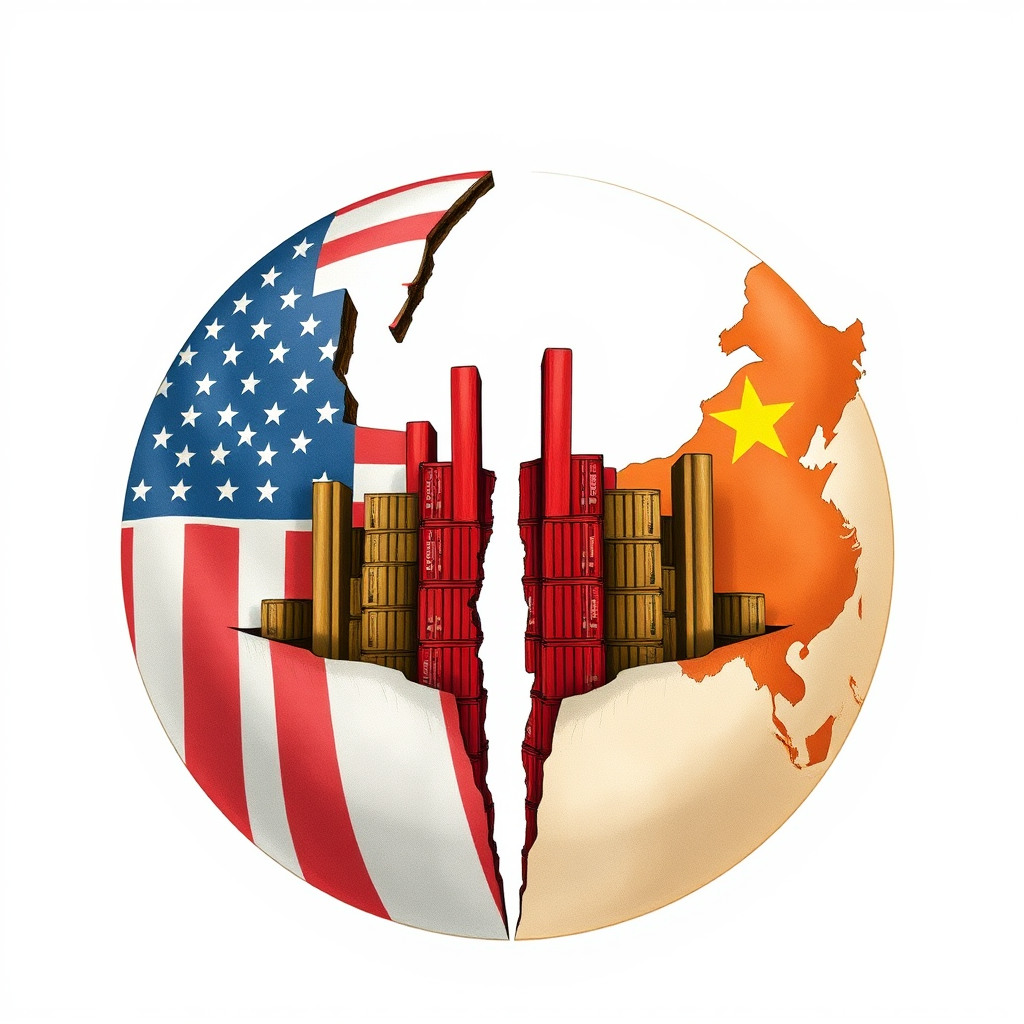China Retaliates: Tariffs on US Goods Soar

Beijing has dramatically escalated its trade dispute with the United States, announcing tariffs of up to 84 percent on all imported American goods, effective Thursday. This latest move represents a significant increase from the previously announced 34 percent tariffs and is a direct response to escalating tariffs imposed by the US under President Donald Trump.
The Chinese Ministry of Finance stated the new tariffs will take effect at 12:01 CST (04:00 BST) on April 10th. This follows President Trump’s imposition of a 104 percent tariff on Chinese goods, a move China has condemned as “arrogant and bullying behavior.”
The tit-for-tat escalation began last Friday when China initially announced the 34 percent tariff, alongside export controls on rare earth minerals, in response to Trump’s tariffs, which he dubbed “Liberation Day” tariffs. President Trump subsequently added a further 50 percent tariff on Chinese goods, declaring negotiations with Beijing terminated.
Prior to last month, the US levied a 10 percent tariff on Chinese imports. President Trump has repeatedly claimed these tariffs were insufficient, alleging they allowed China to “rob and rip off” the US economy. Last week, Trump announced a “reciprocal tariff” policy, aiming to match tariffs imposed by other nations – initially adding 34 percent to China’s existing burden, bringing it to 44 percent.
The situation further intensified on April 2nd when the White House, citing a “national emergency” stemming from trade deficits and security concerns, imposed a baseline 10 percent tariff on all countries. This brought China’s total tariff exposure to 54 percent. Today’s announcement of an additional 50 percent tariff specifically targeting China has now pushed the total to an unprecedented 104 percent – nearly doubling in under a week.
Despite the escalating tensions, President Trump has indicated a willingness to negotiate, posting on his social media platform, Truth Social, that “China also wants to make a deal, badly, but they don’t know how to get it started. We are waiting for their call.”
This rapid escalation of tariffs poses significant risks to the global economy. While both sides accuse the other of unfair trade practices, the resulting trade war is likely to harm businesses and consumers in both the US and China, and potentially trigger broader economic slowdown. The situation highlights the fragility of international trade relations and the potential for political rhetoric to quickly escalate into damaging economic conflict. It remains to be seen whether either side will demonstrate the willingness to compromise necessary to de-escalate the situation and prevent further economic disruption.